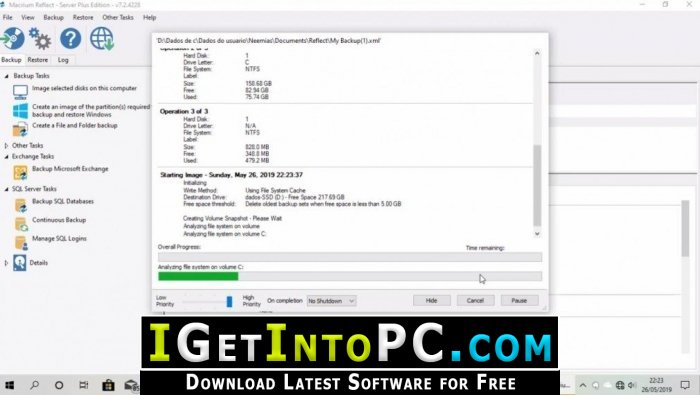
:max_bytes(150000):strip_icc()/macrium-reflect-rescue-media-drivers-5bca0dab46e0fb00265ec9f6.png)
If you want to create scheduled images, whether incremental or differential, you'll have to upgrade to a paid plan. Macrium Reflect has a free version that works great for casual users who want to make a single, full image of their hard drives. See at Acronis (opens in new tab) Download Macrium Reflect For just the cloning and imaging software, you'll spend about $40. There are a few buying options to choose from when it comes to Acronis - there is also a 30-day free trial (opens in new tab) - including subscription options that come with 50GB or 1TB of cloud storage. See at AOMEI (opens in new tab) Acronis True Image Its UI is super simple to use, and you can even set an automatic file sync that will keep your backup up to date.

Like Macrium Reflect, there is a fully-functional, free version of AOMEI that lets you create system images, back up hard drives, and clone drives. We've been using Macrium Reflect for a while and so far haven't found a reason to switch, but there are also plenty of other imaging options out there, including one built right into Windows 10.


 0 kommentar(er)
0 kommentar(er)
